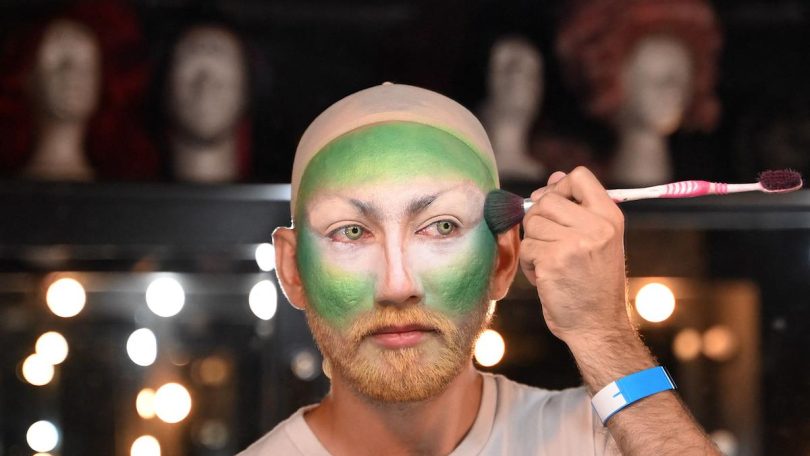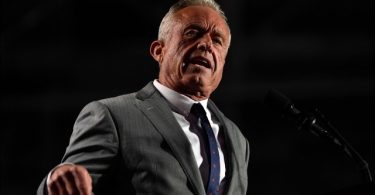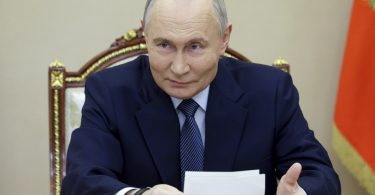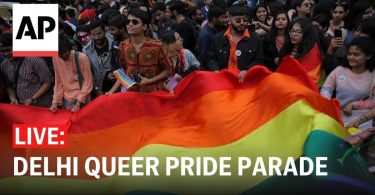When Filipino drag queen Amadeus Fernando Pagente dressed up as Jesus Christ and sang the Lord’s Prayer in a Manila show, he considered it an expression of his Catholic faith.
But then a video of the performance went viral in July 2023 and ignited outrage among the country’s many devout, who saw it as a blasphemous act deserving of jail or even death.
Mr. Pagente was charged with the offence of “immoral doctrines, obscene publications and exhibitions and indecent shows” that “offend any race or religion”, and could face up to 12 years in jail.
The 33-year-old, who uses he, she and they pronouns, was declared persona non grata in multiple cities and was flooded with hate messages and death threats on social media.
While the Philippines has a reputation for being LGBTQ-friendly, it remains a conservative country where nearly 80% of people are Catholic. Same-sex marriage, abortion and divorce are banned, and advocates have been fighting for decades for a nationwide law to protect LGBTQ people from discrimination.
Mr. Pagente, who describes himself as pansexual, gender fluid and a devout Catholic, said the reaction to his show left him shaken, but not surprised. He said that hatred towards LGBTQ people “has always been there”, but his performance gave critics “an excuse to express it”. Mr. Pagente said he chose to perform the Lord’s Prayer to “reignite” a sense of faith among LGBTQ people who have felt shunned by the Church. For many Filipinos, however, his portrayal of Jesus singing the religious prayer in a drag show was offensive. Two Christian groups are among those that filed seven criminal complaints against Mr. Pagente.
Harry Serrano of the LGBTQ advocacy group UP Babaylan said the backlash was about Mr. Pagente’s sexuality. “We have seen instances where straight people imitate religious figures and they don’t get flak for it. But because PLV is queer, they are getting hate,” she said, using the initials for Mr. Pagente’s drag name, Pura Luka Vega.
“We see religion and queerness as something that’s separate in the Philippines. It’s either you’re queer or you’re religious.”
Since taking office in 2013, Pope Francis has repeatedly said the Church should be open to everyone, including LGBTQ believers. But the Pope has also made it clear that he believes homosexuality is a sin, while Church doctrine states same-sex acts are “intrinsically disordered”.
Father Jerome Secillano of the Catholic Bishops’ Conference of the Philippines said the Church criticised Mr. Pagente’s performance because it was “disrespectful” of the faith.
“I have no problem with him being gay, I have no problem with whatever his queerness is,” he said.
LGBTQ people are welcome in the Church, he said, but “you must be willing to change for God because God will not change for you.”
‘Pretty liberal’
Carlos Conde of Human Rights Watch said the Catholic Church in the Philippines was “pretty liberal” compared to other countries. But he said if LGBTQ people felt they could not freely express themselves without fear of being harmed or threatened, “then I think we have a problem”. Mr. Conde said laws protecting religious feelings should be reviewed to ensure they were not “harming freedom of expression”.
In recent decades, the LGBTQ community has become increasingly visible in public and on television in the Philippines.
Annual Gay Pride marches draw thousands of people, and LGBTQ groups are found across the country and on social media.
A survey conducted by local pollster Social Weather Stations in early 2023 showed mixed views.
It found that 79% of respondents agreed that “homosexual people are just as trustworthy as any other Filipino”, while 73% said they have contributed a lot to society. But 40% said they would like their homosexual family members to become heterosexual and 26% thought being homosexual was “contagious”.








COMMents
SHARE
Copy link
Email
Facebook
Twitter
Telegram
LinkedIn
WhatsApp
Reddit